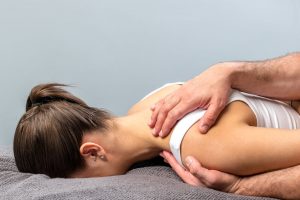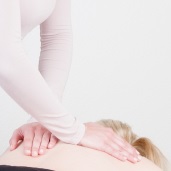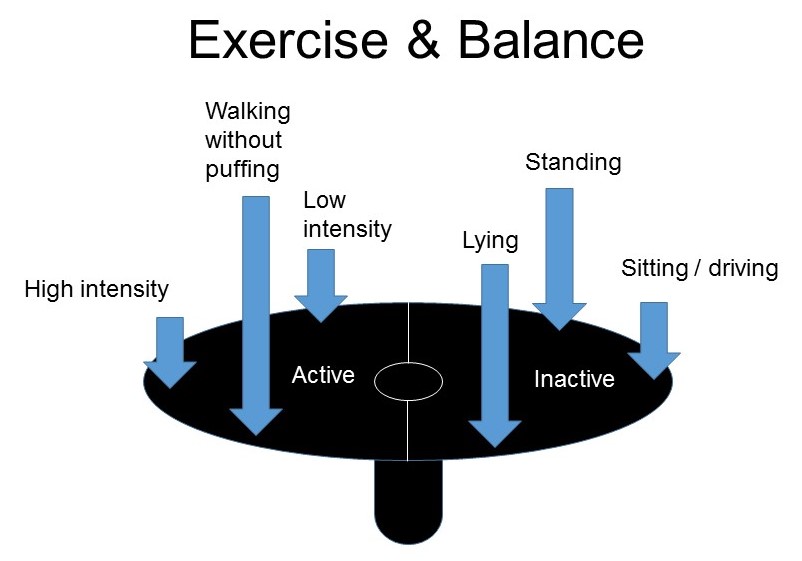
The shoulder blade is an attachment point which the rotator cuff muscles of the shoulder operate from. Its only bony connection to the body is via the collar bone which in turn connects to the sternum. Otherwise it is incredibly moved and controlled by muscles connecting from the trunk and neck.
The muscles that hold the shoulder blade in position are often affected by pain in the region and what is normally a coordinated movement becomes the opposite. Because it sits over the back where you cant see it you often don’t know its moving poorly but this is sometimes what can lead to persisting shoulder pain. If assistance to correct the movement improves pain then you need to start with scapula rehabilitation.
The very old fashioned advice of shoulders “back and down” is not good advice. In fact the starting posture for a lot of us needs to be more “up, back and hold” but that also depends on your posture. The most common movement dysfunction is when the shoulder drops forwards and down and the shoulder blade wings or lifts away from the body nearest to the spine.
There are good and bad ways to correct posture of the shoulder blade. We use a combination of key verbal instructions, hands on facilitation of position and movement, mirrors for visual feedback, and sometimes tape to assist the process. Static posture holds are the starting point with correcting poor movement of the shoulder blade but it also needs to be progressed to functional movements like reaching overhead to a cupboard in front.
Some people are able to get the shoulder blade posture and movement better quite quickly but others take some time and repeated practice to move better and reduce pain. If you aren’t sure of how to correct your shoulder posture or if you have shoulder pain then we would be happy to help you. If you have shoulder pain a carefully prescribed exercise program can help.

Read more about movement control problems in the shoulder (dyskinesia).



